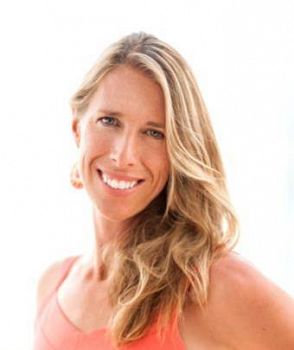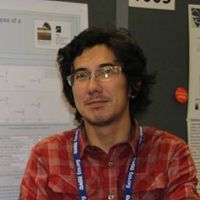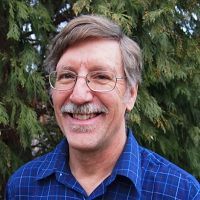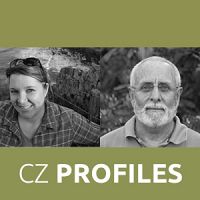Critical Zone Profiles - Meet the people doing CZO science (Reynolds Creek CZO)
What kind of work do critical zone scientists do? Who are some of the scientists working at Critical Zone Observatories across the country? How does their work inform our understanding and management of critical zone resources, such as water, soil, and food?
These brief profiles feature just a few of the 250+ senior scientists, university faculty, postdoctoral researchers, and graduate students who work at the nine CZO sites currently funded by the National Science Foundation. CZO people are cross-disciplinary scientists who have expertise in fields including hydrology, geochemistry, geomorphology, ecology, biology, and climatology. More profiles will be added over time, as new scientists join the CZO teams.
The profiles provide a non-technical introduction to the work CZO people do. Each scientist was asked to respond to the following questions:
1. What is the goal of your work?
2. How is your work relevant to the science community and to the larger human communities in which we live?
3. Why is studying the critical zone important?
4. How has the CZO network been valuable to you in your work?
5. How can the CZOs help improve our understanding and management of natural resources?
Profiles: Grad Students | Early Career | Boulder | Calhoun | Catalina-Jemez | Eel | IML | Luquillo | Reynolds | Shale Hills | Southern Sierra | and more profiles coming
REYNOLDS CREEK CZO
JENNIFER PIERCE (geomorphologist, Associate Professor)
Jen aims to influence land management through her research goals: 1) to quantify the amount of soil inorganic carbon in the watershed and examine controls on its formation, and 2) examine post-fire erosion by wind and water within the watershed. Visit Jennifer's profile >
TRAVIS NIELSON (geophysicist, graduate student)
Travis, a geophysicist, works on imaging the weathering degree and soil moisture properties of the CZ across a broad physical scale to better understand CZ processes. Visit Travis' profile >
HARMANDEEP SHARMA (ecophysiologist, PhD student)
Harmandeep focuses on the fluxes of different communities of sagebrush in steppe ecosystems under varied microclimate conditions and dominant vegetation caused by an elevation gradient. Visit Harmandeep's profile >
MARK SEYFRIED (soil scientist)
Mark works to improve instrumentation, measurement/monitoring and modeling towards better understanding the impacts and variability of soil properties for use in larger ecosystem models. Visit Mark's profile >
News Category:
PEOPLE
Explore Further






